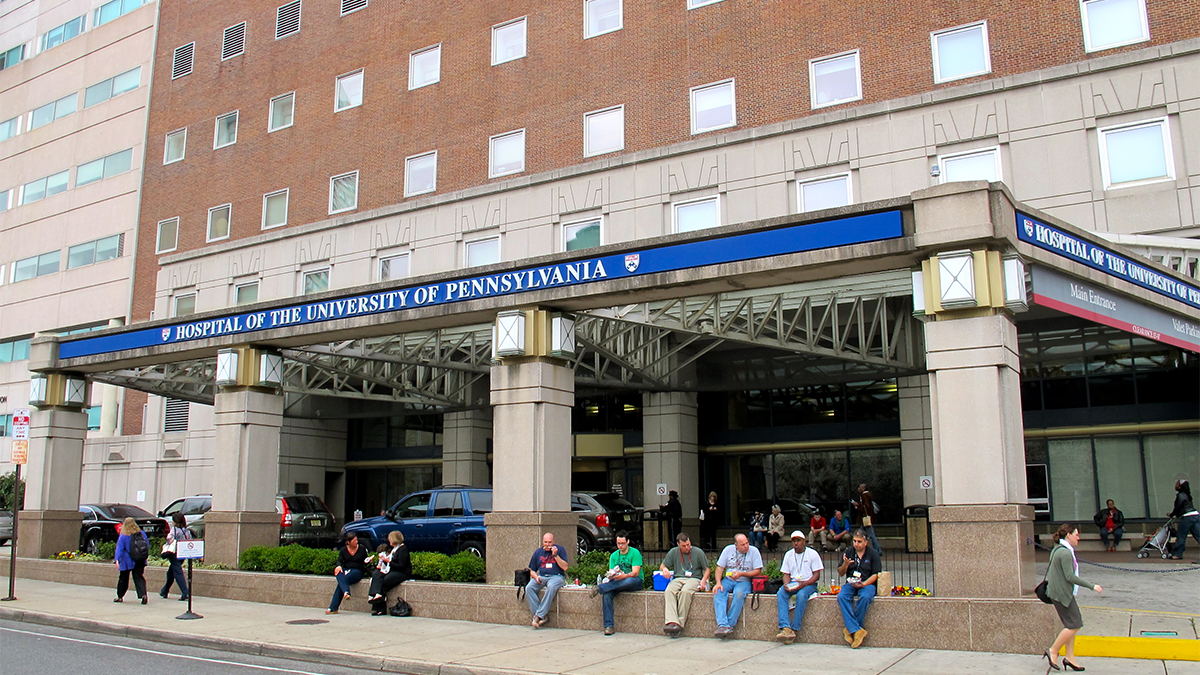Penn, Novartis open center to advance personalized cancer therapies

(Ashley Hahn/PlanPhilly)
The University of Pennsylvania has opened a new center for advanced cellular therapeutics in collaboration with the Swiss drugmaker Novartis.
The aim is to commercialize personalized cancer therapies in the next few years. The science behind it pretty stunning: re-engineer a patient’s own white cells to hunt and destroy cancer cells. It’s an approach that’s caught the attention of the White House as it works on its new “moonshot” cancer initiative.
Researchers at the University of Pennsylvania have been developing the technology for about 20 years. Preclinical trials started a decade ago, and then, four years ago, the university entered an alliance with Novartis.
The center now marks another important milestone, said Bruce Levine, director of cellular therapies at Penn’s Perelman School of Medicine.
“The opening of this new center is the culmination of a lot of that prior work, and will enable us to more than double our capacity to treat patients on clinical trials in cancers, including leukemia, lymphoma, myeloma and other solid cancers,” said Levine, adding that the center will ultimately involve about 100 researchers and support staff.
It might seem unusual at first glance to see a drugmaker partner with a university, but this type of academic-industry partnership is becoming increasingly common and important, according to Dr. Kevin Schulman, professor of medicine and business administration at Duke University.
Researchers often lack the resources to move therapies from the discovery phase, which the government has historically funded, to the final clinical stage, the costs of which pharmaceutical companies typically pick up.
Alliances can bridge those gaps, but he acknowledges that depending on the details of those agreements, questions can arise when it comes to research patents, who owns the therapies, and who sets the price.
“Is the university going to be involved? Will it be responsible for high-cost therapies? Is industry going to set the price?” said Schulman. “And how is that balance between the community benefit from the academic side and the financial gain from the industry side going to be adjudicated?”
Novartis has invested $20 million in construction of the new center based at Penn, which includes 23,000 square feet of laboratory and manufacturing space.
Levine says the hope is to have an FDA-approved therapy as early as next year.
WHYY is your source for fact-based, in-depth journalism and information. As a nonprofit organization, we rely on financial support from readers like you. Please give today.

